- A
- A
- A
- ABC
- ABC
- ABC
- А
- А
- А
- А
- А

Higher School of Economics
National Research University-
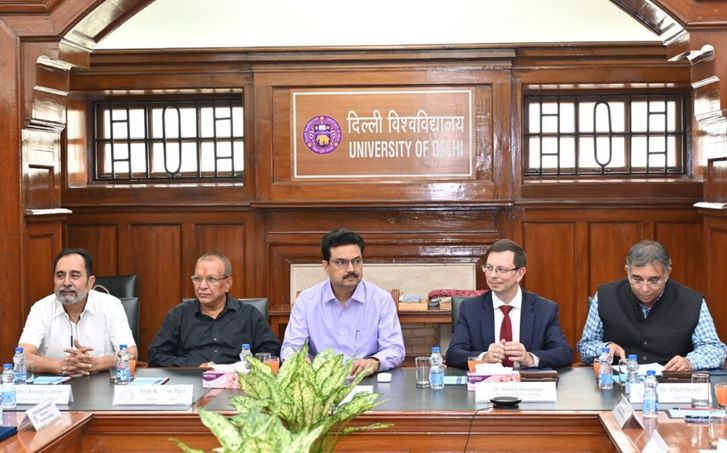
HSE University Opens Research Hub at University of Delhi
HSE University and the University of Delhi have signed an agreement on strategic cooperation and joint actions. According to the agreement, a large research hub will begin operating at the partner university in India. The fully equipped HSE University office on the central campus of the University of Delhi provides a wide range of opportunities for the implementation of mirror laboratories, educational modules and programmes, as well as academic and scientific exchange projects.
-
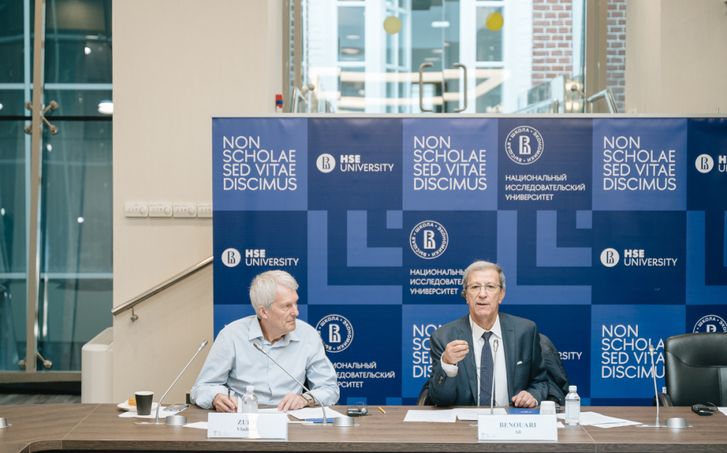
Creating a New International Monetary Order: Experts Discuss Financial Issues of BRICS Countries at HSE University
On April 10, 2024, a strategic session on monetary and financial cooperation among the majority of world countries was held at HSE University. The event was organised by the BRICS Expert Council–Russia. The main expert at the session was Ali Benouari, formerly holding positions as Algeria's Minister of Treasury and an expert at the Committee on Public Debt, now an advisor to Algeria's Ministers of Finance and Economy.
-

Workaholism Helps Young Narcissists Boost New Venture Performance
An international team of researchers including Professor Galina Shirokova, Director of the Strategic Entrepreneurship Centre at HSE University in St Petersburg, and her students Nailya Galieva and Diana Doktorova, examined the impact of narcissism on young entrepreneurs' success. The authors have demonstrated that a company founder's workaholism can amplify the influence of narcissism on a new venture's performance.
-

‘The Process was Challenging, yet Well-Organised’
Samuel Okai, 28, from Ghana, is a master's student of Strategic Corporate Finance in his final year at the HSE Faculty of Economic Sciences, majoring in assets pricing. In this interview, he shares his admissions experience and speaks about learning at HSE University, while offering some tips for those ready to succeed in their studies.
-

HSE University to Reward Students Who Write Their Thesis Using AI
HSE University has launched a competition for solutions using artificial intelligence technology in theses work. The goal of the competition is to evaluate how students use tools based on generative models in their 2024 graduation theses. The authors of theses will have to describe which AI tools were used in their work, what tasks were set and whether they were solved.
-

Expedition to the Himalayas: What To Expect
At the end of April, six students of HSE University-St Petersburg will go on an expedition to the Himalayas, jointly organised with the University of Delhi. They will be collecting data about the anthropogenic impact on the ecosystem of this region, as well as its natural resources and environmental sustainability.
-
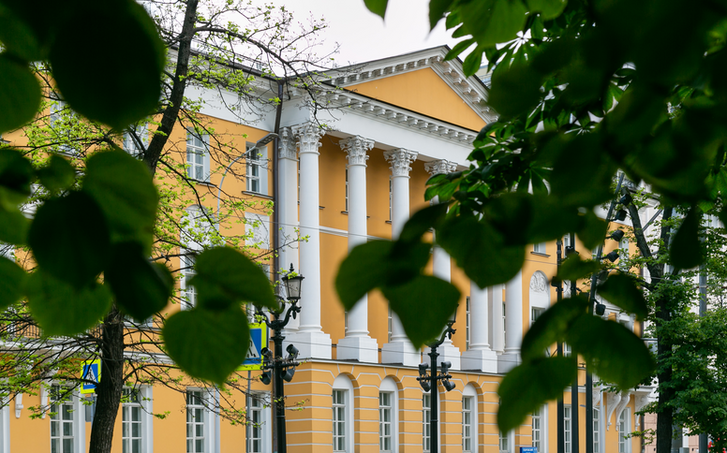
'The Teams Engaged in The New Projects Have Every Opportunity to Achieve Exceptional Scientific Outcomes'
HSE University has announced the results of the first Competition of Joint Basic Research Projects 'International Academic Cooperation'. Highly successful research teams at HSE University, having extensive experience in collaborating with international partners, took part in the competition.
-
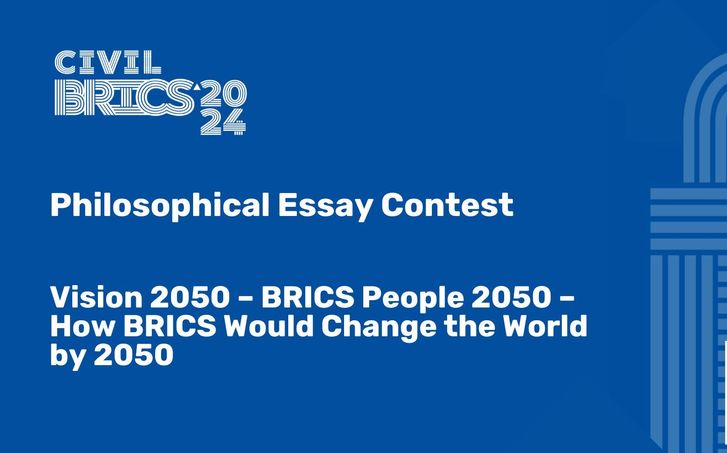
‘The Goal of the Contest Is to Select Bold Ideas Aimed at Fostering a More Equitable Global Development’
HSE Vice Rector Victoria Panova and Dean of the HSE Faculty of Humanities Felix Azhimov announced the primary objectives of the contest, its format and potential participants during a press conference at TASS. Nationals from the BRICS countries, aged 18 to 45, are eligible to apply for participation in the contest.
-
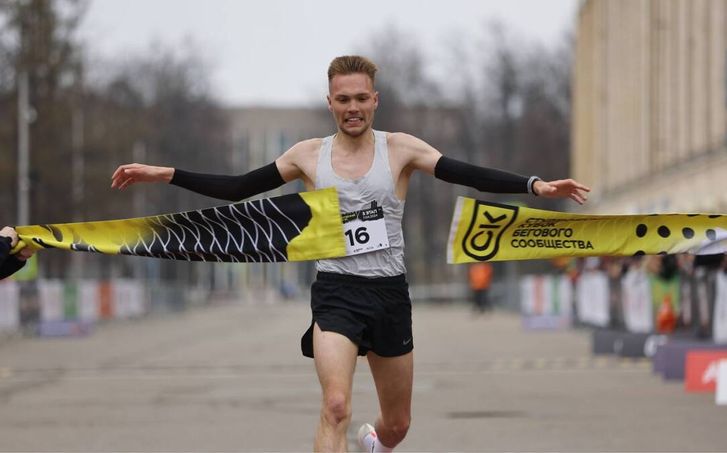
‘Congratulations to Our Champion on His Victory’: HSE University Takes Part in Moscow Race
On April 7, university students and staff took part in a major Moscow race named April. Maxim Liksakov, a student at HSE University, managed to set a new competition record and win first place. HSE University Rector Nikita Anisimov, who also took part in the competition, congratulated Maksim on his victory.
14:00
Round table 'Qualitative Research Methods in International Security: From Deconstruction to Discourse Network Analysis'
15:00
ANR-Lab Seminar 'Committee or Faction? Institutional Factors of the Russian Parliamentarians Network Interaction'
17:20
16:00
Anna Golovina and Ksenia Dunaeva to speak on 'Using Transducers to Create Morphological Parsers and other NLP Tools for Nakh-Daghestanian Languages'
14:30
Round table 'The Future of Energy: New Technologies and Their Impacts for Human Development'
14:30
Round table 'Russian Energy Cooperation with China and India: Challenges and Prospects'
HSE University in St Petersburg International Partners’ Days
Interdisciplinary Conference 'Researching the Deaf Community'
International competition 'BRICS Anthem'
Competition entries in the nomination 'Young Composer' are accepted till May 31, in the nomination 'Young Poet' - till August 31
Student Voices
International Students Support
+7 495 772-95-90, ext. 27661
Emergency hotline: +7 (985) 040-13-55
Main campus: 11 Pokrovsky Bulvar
Deadline for application - March 17, 2024